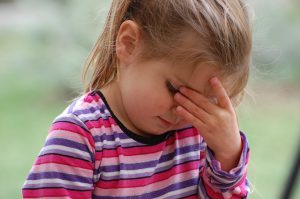

Having diarrhea is no fun. It can be uncomfortable and embarrassing. Almost all children will have diarrhea once or twice a year, but luckily, most cases of diarrhea are not serious.
children will have diarrhea once or twice a year, but luckily, most cases of diarrhea are not serious.
The most common cause of diarrhea in children is due to gastrointestinal infections. Bacteria, viruses, and parasites can all cause diarrhea.
Bacteria
Most bacterial outbreaks of diarrhea in America are due to food poisoning. Toxins made by bacteria stored in food that is not cooked, stored, or handled properly can make a child sick. Common bacteria that many parents have heard of that can cause diarrhea in children include Salmonella, Shigella, and E. coli.
Viruses
Viruses are highly contagious. When children stay in close quarters with other people such as in school, daycare, and dorms, these viruses can easily pass from child to child. Common viruses that many parents have heard of that can cause diarrhea include Norwalk virus, rotavirus, and adenovirus.
Parasites
Parasites can spread through water parks and pools because they are resistant to chlorine treatment. Contaminated lakes and streams are another source of parasites. Common parasites that cause diarrhea in children include Giardia and Cryptosporidium.
Children with diarrhea will usually have symptoms for a few days and then the diarrhea will resolve.
Yes. If you notice any of the following symptoms, your child should see their physician as soon as possible:
Most infections that cause diarrhea will go away without any treatment because your child’s healthy immune system will fight the infection! Keep your child well hydrated and keep in close contact with your child’s physician.
If your child has concerning symptoms, then your child’s physician may order a stool test to determine the cause of the diarrhea and the specific treatment that needs to be started.
Diarrhea can be uncomfortable, but it is usually short lived. Please contact your child’s doctor if you are concerned about your child’s diarrhea.
If you would like more information about gastrointestinal (GI) digestive disorders and nutrition in children, please contact Dr. Mona Dave’s Frisco Office or Request Appointment Here.